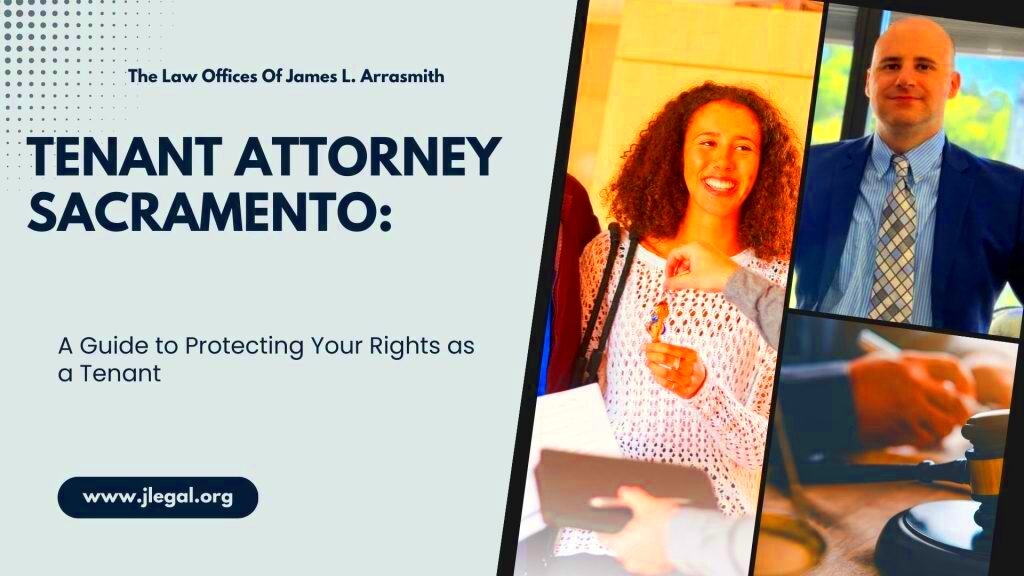Property Rights for Engagements in California
Property rights in California are quite distinct especially regarding emotional attachments. This state operates under a community property scheme whereby nearly all possessions acquired during wedlock belong to both partners equally. Nevertheless, situations concerning engagements and presents may end up being complicated. You will therefore need to appreciate these rights since they will help prevent emotional pain in future when marriages fail or turn awry.
Exploring Engagement Property Rights

Primarily, the rights of engagement revolve around the items that are exchanged during the engagement period like rings and gifts. Ownership of these items can be determined by several factors in California, including:
- Intention of the Gift: Was the engagement ring intended as a gift, or was it conditional upon marriage?
- Ownership Status: Did one party purchase the item solely, or was it a shared gift?
- Marital Status: The legal status of the relationship can affect ownership post-breakup.
In the general case of engagements that fall apart, an affected party should return the engagement ring which they received from their partner, particularly when it had been intended for and given in anticipation of marriage. Nevertheless, this isn’t an absolute law as courts may look into details of such cases.
Legal Framework Governing Engagements

Californian legislation can be pretty complicated when it comes to property rights, particularly on engagements. Here are some important things:
| Aspect | Description |
|---|---|
| Community Property Law | This law assumes that any property acquired during marriage is jointly owned. |
| Conditional Gifts | Engagement rings are often seen as conditional gifts, dependent on the marriage occurring. |
| Judicial Precedents | Various court cases have shaped how engagement property is handled in California. |
In California, for anyone contemplating marriage, knowing about these laws is important. This helps to be clear about what each one is anticipated to do as far as issues of property are concerned during the engagement period or afterwards.
Ownership of Engagement Rings

The rings of engagement hold a special meaning since they represent love and fidelity. Nevertheless, when an engagement comes to an end; then there may be disputes regarding who owns the ring. In California for instance, the law usually regards these rings as conditional gifts. What this implies is that it all depends if a couple gets married or not whether or not one party becomes the sole proprietor of such a jewel. Should one of the parties break off the engagement then she or he might demand for it too. Yet there are several other factors that must be put into consideration.
- Intent of the Gift: If the ring was given with the clear intention of being a gift, the recipient may retain it, even if the marriage doesn’t occur.
- Who Paid for the Ring: If the giver purchased the ring outright, they might have a stronger claim to retrieve it.
- Post-Breakup Agreements: Any verbal or written agreements made regarding the ring can also affect ownership.
Avoiding confusion is possible by being upfront about these matters. Consulting with an attorney will further detail the specific circumstances if you have legal inquiries.
Impact of Marriage on Property Rights
Once two people get married, the community property laws in California come into action which revolutionizes property ownership. With this system, common property is how most of the properties owned by spouses in marriage are viewed. As an illustration, homes or motor vehicles may be on a joint name and various debts can also be included. The property rights impacted by marriage are thus as shown:
- Joint Ownership: Assets purchased during the marriage typically belong to both partners equally.
- Separate Property: Any property owned before marriage usually remains with the original owner, unless it’s commingled with marital assets.
- Debt Responsibility: Debts incurred during the marriage can also be seen as joint, impacting both partners.
Property division during divorce, financial decisions and even estate planning can be affected by this understanding of dynamics that are crucial in itself.
Disputes Over Engagement Gifts
Engagement presents are often a source of conflict and emotional turmoil. Disputes may arise when lovebirds part ways and wish to go their separate ways, no matter how old-fashioned or modern the engagement gift is- ring, necklace or anything else. This article highlights some of the most contentious issues.
- Ownership Questions: Who has the right to keep the gifts? The answer often hinges on the nature of the gift and the circumstances surrounding its exchange.
- Return of Gifts: The giver may feel entitled to have gifts returned, especially if they were conditional on the marriage.
- Emotional Value: Sometimes, gifts carry significant sentimental value, making it hard for one party to let go.
Resolving disputes usually calls for negotiation and compromise. Certain instances may necessitate mediation or legal counsel in order to obtain a worthy settlement. To avert these wrangles from cropping up, having clarity of communication on the objectives and contracts at the beginning is helpful.
Steps to Protect Property Rights
Ascertaining your property rights, mainly in respect of engagements or gifts, is very important in order to prevent future disagreements on their ownership. Having the information on how to maneuver through this can help in camouflaging your things to distinctively set them apart. Below are some precautionary measures that you can take:
- Document Everything: Keep receipts, gift notes, and any agreements regarding property ownership. This can be invaluable if disputes arise.
- Communicate Openly: Discuss expectations and intentions with your partner regarding gifts and property, especially during the engagement period.
- Consider a Prenuptial Agreement: If you’re getting married, a prenup can outline how property will be handled, protecting both parties’ interests.
- Stay Informed: Understand California’s community property laws and how they may apply to your situation, especially in case of divorce.
In the long run, this can help you and your partner have a clearer direction avoiding any confusions or fights that might arise from issues of property rights.
Frequently Asked Questions
Concerning property rights which relate to engagements, it is commonplace for people to ask several queries. Below are some of the popularly asked questions:
| Question | Answer |
|---|---|
| Who keeps the engagement ring if the marriage doesn’t happen? | The ring is typically considered a conditional gift and may need to be returned to the giver. |
| Are gifts given during the engagement shared property? | Generally, gifts given during the engagement are viewed as separate unless agreed otherwise. |
| How can I protect my assets before marriage? | Consider a prenup and keep clear documentation of all assets. |
When you have distinct answers to these inquiries, it will be possible for you to handle the intricate issues of property rights better.
Conclusion on Property Rights for Engagements
It’s important to know the property rights for engagements in California if you’re looking to marry there. Rings and gifts associated with engagements have so much meaning attached to them but might lead to confusion when not handled properly. By knowing the law and acting early enough, one can secure their interests, thereby ensuring a solid basis for any coming relationship.
Keep in mind that the disclosure is the centerpiece of everything. If everybody is clear on if they are coming from a place of kindness, have signed contracts and gotten lawyers’ advice, then all will be easier. In the end, a knowledge of one’s privileges and obligations is likely to prevent scenarios where neither party feels honored or held in regard after their association has ended.


